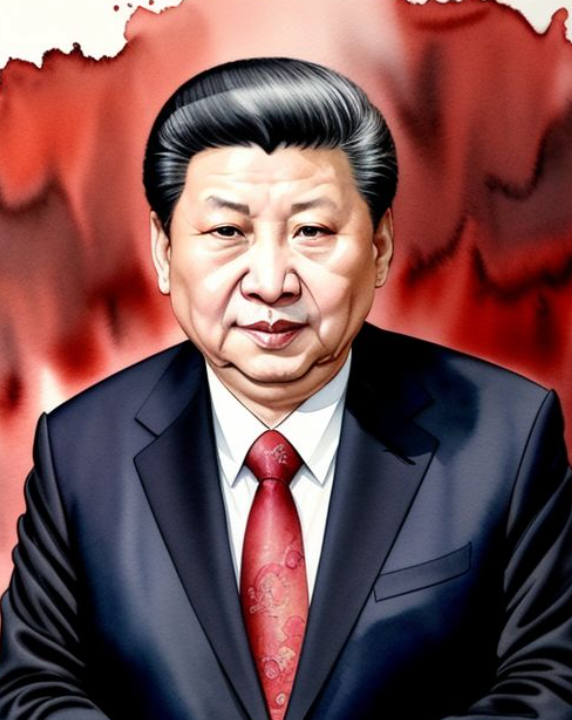$XPEV $GAC #ElectricVehicles #AutoIndustry #EuropeanMarket #TechInnovation #Sustainability #GlobalExpansion #Automotive #GreenEnergy #MarketStrategy #ChineseManufacturing
Can Chinese EV Companies Outshine European Automakers in Their Own Backyard? Discover How!
In this week’s Chinese news, electric car giants Xpeng and GAC have unveiled ambitious plans to ramp up their presence in Europe, marking a significant shift in the global automotive landscape. These strategic moves could potentially reshape market dynamics and pose a serious challenge to established European automakers.
Understanding the Strategic Expansion of Xpeng and GAC in Europe
Xpeng and GAC are not just exporting cars; they are exporting a vision of the future of mobility. By entering the European market, these companies are signaling their readiness to compete on innovation, technology, and sustainability—qualities highly valued in European markets. This expansion is not merely about increasing sales volumes but also about establishing a foothold in a region that has been at the forefront of automotive engineering and design.
The Technology Edge: How Chinese EVs are Competing
One of the key advantages that Xpeng and GAC bring to the table is their cutting-edge technology in electric vehicles. European consumers, who are increasingly environmentally conscious, might find the advanced battery technology and digital features of Chinese EVs particularly appealing. Furthermore, these companies are leveraging artificial intelligence and big data to enhance the driving experience, thereby setting new standards in the automotive industry.
Market Penetration Tactics: Partnerships and Localizations
To effectively penetrate the European market, Xpeng and GAC are likely exploring strategic partnerships with local firms. Such collaborations could facilitate easier market entry, help navigate regulatory landscapes, and tailor products to better meet local consumer preferences. Additionally, setting up manufacturing units within Europe could be a strategic move to avoid tariffs and benefit from local manufacturing incentives.
Challenges and Opportunities Ahead
Despite the aggressive expansion plans, Chinese EV makers face several challenges. These include brand recognition, consumer trust, and competition from well-established European automakers who are also transitioning to electric vehicles. However, the opportunities outweigh the challenges as the European market is rapidly moving towards sustainability, and there is a growing demand for innovative and environmentally friendly transportation solutions.
The Economic and Environmental Impact of Chinese EVs in Europe
The entry of Xpeng and GAC into Europe is not just a business expansion story but also a narrative of environmental impact. By introducing more electric vehicles, these companies contribute to reducing carbon footprints and promoting green transportation solutions. Economically, this move could stimulate job creation, foster technological exchange, and enhance competition, which ultimately benefits consumers.
Final Thoughts: What This Means for Global Automotive Dynamics
The aggressive push by Xpeng and GAC into the European market is a testament to the global nature of today’s automotive industry. It reflects a shift in power dynamics where Asian manufacturers are no longer just followers but key players defining the future paths of automotive technology and environmental responsibility.
As these Chinese giants carve out their space in Europe, it will be intriguing to see how traditional automakers respond and whether they can coexist or will be outpaced by the innovation and agility of their Eastern counterparts. For more insights into the evolving dynamics of the automotive industry, visit our stock market analysis section.





Comments are closed.